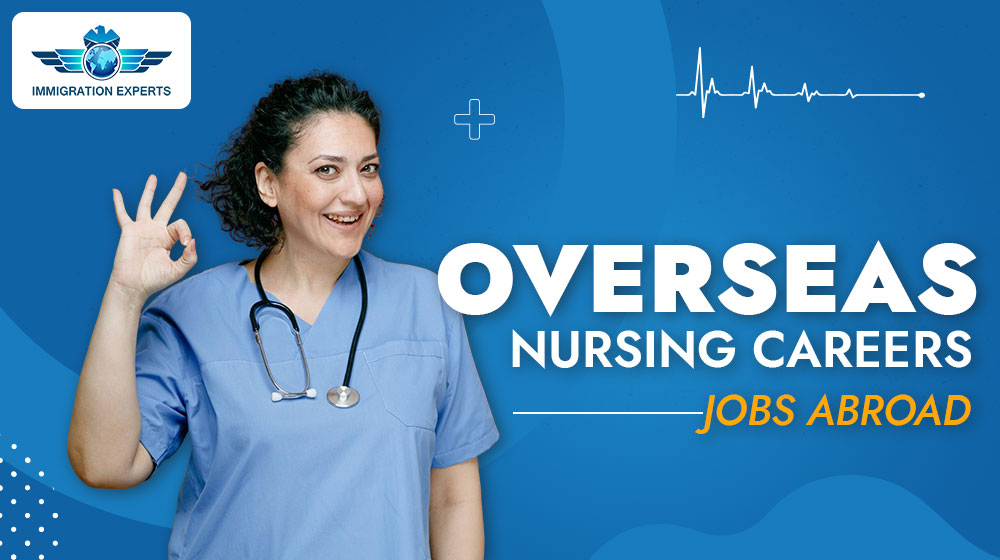Are you a qualified nurse seeking better opportunities abroad? Now is the perfect time to take the next big step in your career. Leading global economies such as the USA, UK, Canada, Australia, UAE, Japan, Europe, and Germany are facing a critical shortage of healthcare professionals — especially nurses — and are actively opening their doors to international talent.
At Apical Immigration Experts, we specialize in helping skilled healthcare workers like you navigate the complex immigration process and secure your dream job overseas.
Huge Demand for Nurses in Leading Economies
The global need for qualified nurses is rapidly increasing in some of the world’s most advanced economies. This trend opens up a wide array of career prospects for nursing professionals looking to make their mark internationally. However, embarking on this fulfilling path requires meeting key eligibility standards:
- Educational Background:
A Bachelor of Science (B.Sc) or Master of Science (M.Sc) degree in Nursing is generally necessary for pursuing nursing roles overseas. These academic programs provide both theoretical grounding and hands-on experience essential for success in various healthcare environments. - English Language Skills:
Strong command of English is critical for seamless communication in clinical settings. Most employers mandate proof of language proficiency through recognized exams like the IELTS (minimum score above 6) or TOEFL (score above 95). - Professional Experience:
Recruiters typically favor applicants with 4 to 7 years of total nursing experience, gained during studies and in professional practice. This experience demonstrates the candidate’s clinical competence and commitment to high-quality patient care.
Wide-Ranging Career Paths for Nurses:
Nurses can explore numerous opportunities across the healthcare spectrum, including:
- Private Healthcare Facilities:
Private hospitals offer diverse roles in general care as well as in specialized departments such as oncology, cardiology, and maternity care. These institutions often provide cutting-edge technology and personalized care environments. - Public Sector Hospitals:
Government-run hospitals are central to community health, employing nurses in roles spanning emergency care, outpatient services, and preventive health initiatives. These settings offer variety and the chance to make a broad social impact. - Specialized Medical Clinics:
Clinics focused on specific areas—like orthopedics, dermatology, or mental health—require nurses with tailored skills. These professionals work closely with doctors to provide dedicated care to patients with unique medical challenges. - Education & Training:
Experienced nurses can move into academic roles, teaching and mentoring future healthcare workers in nursing schools and universities. This path allows nurses to influence the profession’s future through education. - Sports and Athletic Care:
In sports medicine, nurses support athletes’ health through injury prevention, on-field medical care, and rehabilitation planning. Their work helps ensure optimal physical performance and recovery. - Healthcare Corporations:
Beyond patient care, nurses can contribute to healthcare firms, pharmaceutical companies, and medical device organizations. These roles use nursing expertise to develop solutions, improve healthcare delivery, and influence policy.






